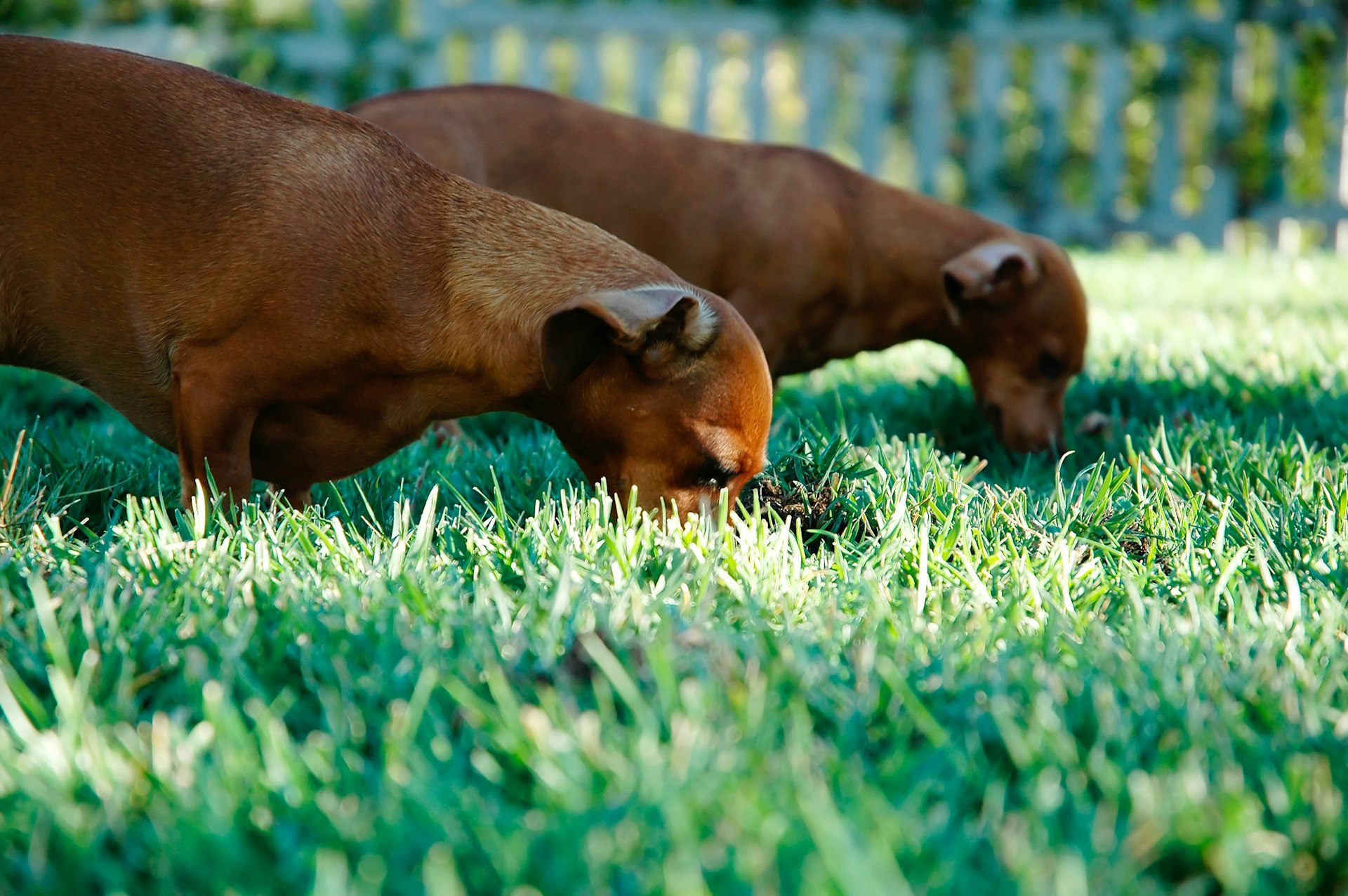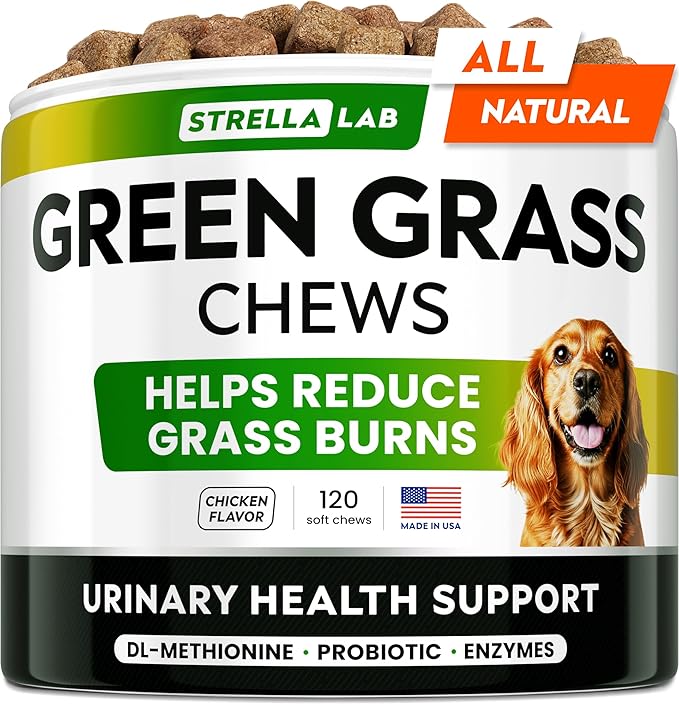
Why Do Dogs Eat Grass? Causes and Remedies
Dogs often exhibit peculiar behaviors, and one that frequently puzzles pet owners is grass eating. While it might seem strange, this habit is quite common among dogs. If you've ever wondered why your furry friend nibbles on grass, this blog explores the reasons behind it and offers practical solutions.
Why Do Dogs Eat Grass?
1. Natural Instincts
Dogs are descendants of wild canines, which often consumed plants as part of their diet. Eating grass might be an inherited instinct from their ancestors.
2. Dietary Deficiencies
Dogs may eat grass if their diet lacks essential nutrients, especially fiber. Grass can act as a natural source of roughage, aiding digestion.
3. Upset Stomach
Some dogs eat grass to induce vomiting and relieve gastrointestinal discomfort. If they feel nauseous or have indigestion, they may consume grass as a natural remedy.
4. Boredom or Anxiety
Dogs that are left alone for long periods or lack mental stimulation may chew on grass out of boredom or stress. It becomes a way to pass time or cope with anxiety.
5. Enjoying the Taste
Some dogs simply like the taste or texture of grass. It may be a pleasurable experience, especially if the grass is fresh and moist.
6. Parasites or Digestive Issues
Intestinal parasites or digestive tract problems may lead to increased grass eating. If this behavior becomes excessive, it could indicate an underlying health issue.
Is It Harmful for Dogs to Eat Grass?
In most cases, occasional grass consumption is harmless. However, it can be dangerous if the grass is treated with pesticides, herbicides, or fertilizers. Additionally, consuming too much grass can lead to vomiting, choking, or blockages in rare cases.
How to Stop Your Dog from Eating Grass?
If your dog's grass-eating habit concerns you, here are some effective remedies:
1. Improve Their Diet
Ensure your dog is receiving a well-balanced diet rich in fiber, protein, and essential nutrients. Consider adding fiber-rich vegetables like carrots, pumpkin, or green beans to their meals.


2. Address Boredom and Anxiety
Increase physical activity and mental stimulation through regular walks, playtime, and puzzle toys. Keeping your dog engaged can reduce stress-related grass eating.
3. Provide Safe Chewing Alternatives
Offer chew toys, rawhide, or natural treats to satisfy their chewing instincts and divert their attention from grass.
4. Monitor for Health Issues
If your dog frequently eats grass and experiences vomiting, diarrhea, or weight loss, consult a veterinarian to rule out underlying health conditions.
5. Avoid Treated Grass
Ensure your dog does not consume grass that has been sprayed with harmful chemicals, as it can be toxic.
6. Train Them to Avoid Grass
Use positive reinforcement techniques to train your dog to avoid eating grass. Distract them with treats or commands when they attempt to munch on it.
Final Thoughts
While eating grass is a normal behavior for many dogs, excessive or sudden changes in this habit should be monitored. By providing a nutritious diet, mental stimulation, and proper care, you can help reduce or eliminate this behavior. If concerns persist, always seek advice from a veterinarian to ensure your dog's health and well-being.
By understanding why dogs eat grass and implementing these remedies, you can ensure your pet leads a happy and healthy life!
Related Posts:
Why Is My Dog Suddenly Distant?